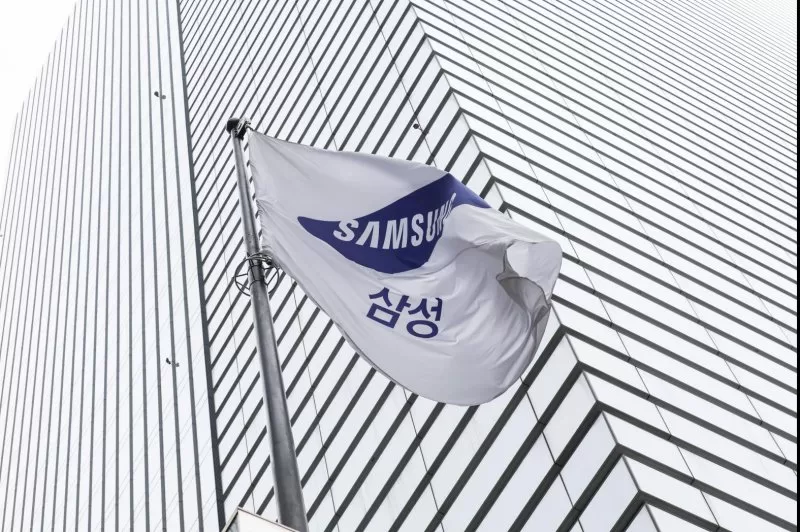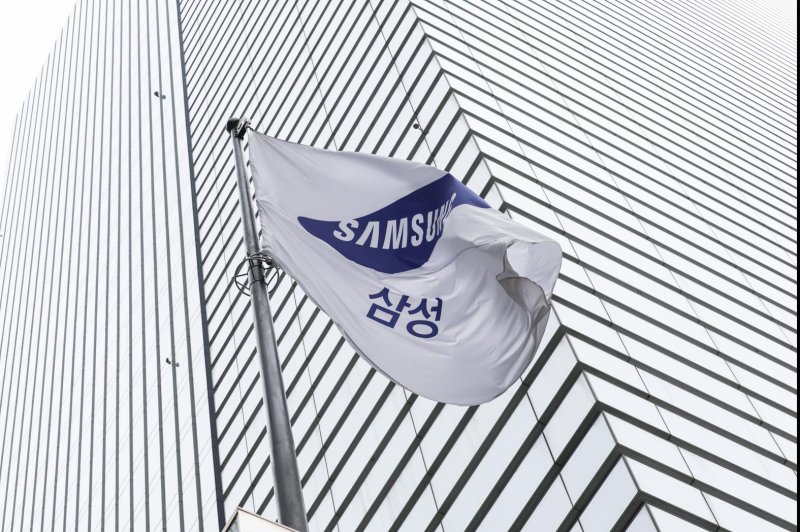Samsung Electronics estimated Friday that its second-quarter profits increased nearly 15-fold from a year earlier, thanks to demand for memory chips to power artificial intelligence applications. Photo by Yonhap
SEOUL, July 5 (UPI) — Samsung Electronics estimated Friday that its second-quarter profits increased nearly 15-fold from a year earlier, thanks to a strong recovery in the memory chip market driven by artificial intelligence demand.
The world’s largest manufacturer of memory chips said in a regulatory filing that its operating profit reached $7.5 billion for the April-June period, up 1,452.2% on year. Revenue jumped 23.3% to $53.6 billion.
The turnaround follows a precipitous 95% plunge in operating profit over the same period last year, as macroeconomic woes hollowed out demand for chips in devices from computers to cars to smartphones.
However, a boom in generative AI applications such as ChatGPT and Sora has driven a global race for computing power and sent the price of memory chips soaring.
Samsung will not release a full earnings report until later this month, but market forecasters highlighted a spike in DRAM and NAND flash memory prices ahead of the results.
Taipei-based research firm TrendForce estimated that DRAM memory and NAND flash memory prices rose by 18 percent and 20 percent, respectively, in the second quarter.
Samsung is trailing behind local competitor SK Hynix in the next phase of the AI semiconductor market, however: high-bandwidth memory, or HBM, which drives the latest and most advanced artificial intelligence applications.
SK Hynix has taken the lead in mass-producing the latest-generation HBM3E chips and is the largest supplier to NVIDIA, the Silicon Valley-based tech giant whose graphics processing units dominate the global AI chip market.
Samsung is still working to pass a certification process to supply its HBM chips to NVIDIA. The Suwon-based firm has set up a new development team devoted to the chips, news agency Yonhap reported Thursday.
HBM’s share of the global memory market is expected to grow exponentially in the near future. In a report released last week, investment firm Goldman Sachs predicted a 100% compound annual growth rate for HBM chips over the next few years, skyrocketing in value from $2.3 billion in 2023 to $30.2 billion in 2026.

